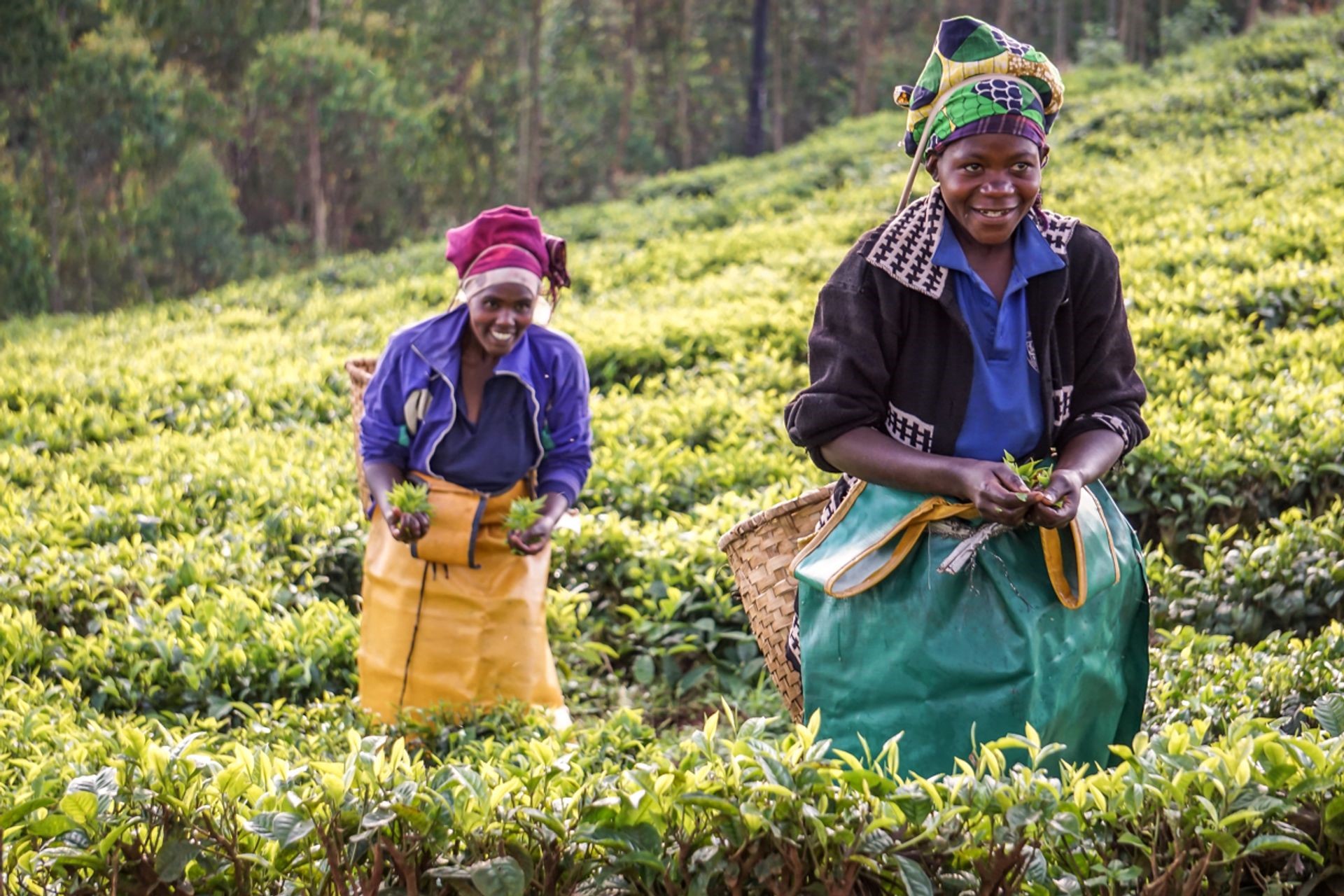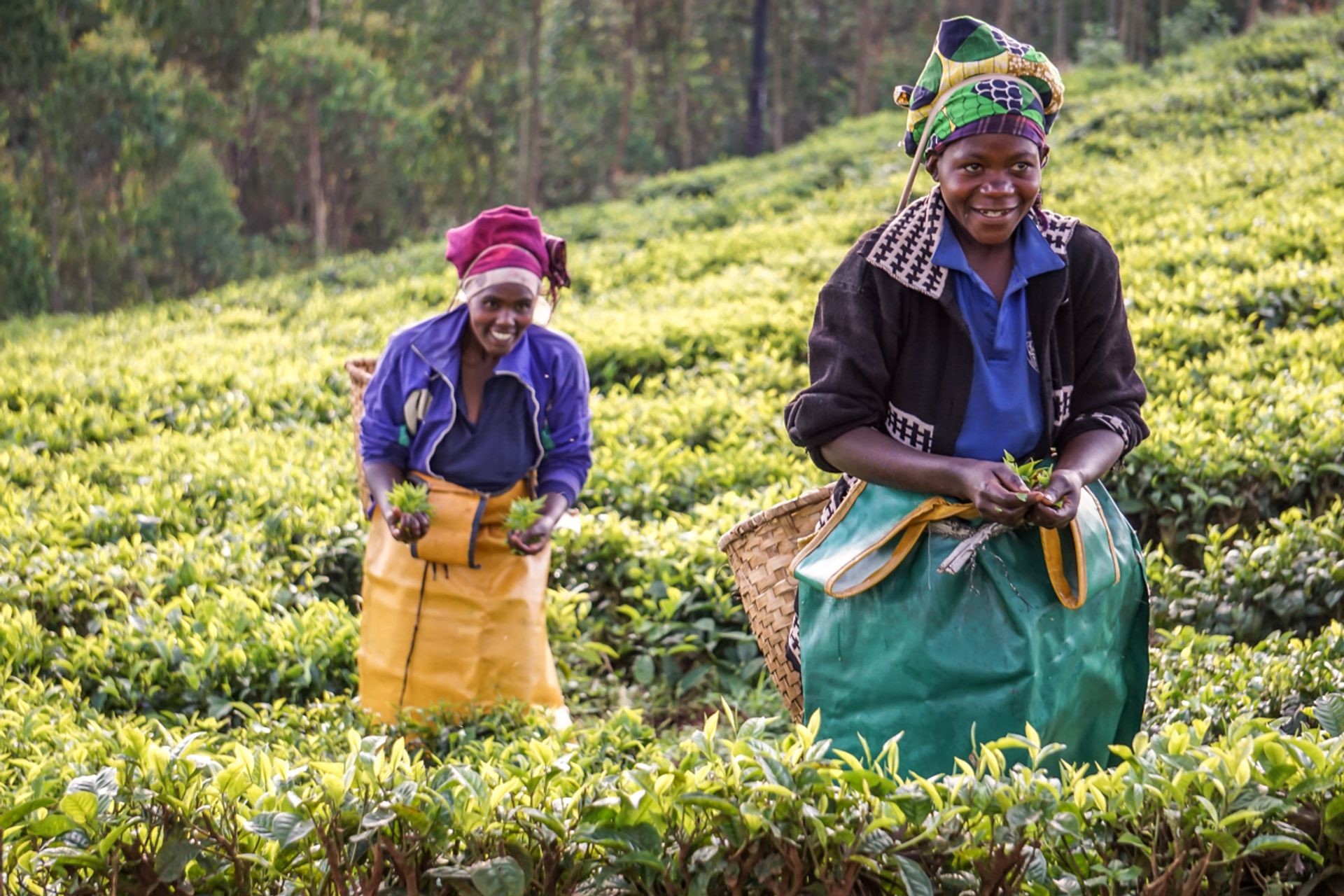On the UN International Day for Biodiversity 2019, NEF caught up with Dr. Jessica Thorn, an AIMS Climate Change Science Fellow, on her viewpoint as a scientist especially the opportunities & challenges in the conservation of Africa’s and the world’s biodiversity today. This year’s theme is “Our Biodiversity, Our Food and Our Health. This day is an opportunity to reflect on how biodiversity has a critical role to play in global food production, which in the next 30 years will increase between 50 –70%, with a doubling of the African population, particularly in urban areas,” Jessica.
NEF: What examples of success and innovation in the conservation of Africa’s biodiversity are worth sharing with readers today?
JT: The International Day for Biodiversity is also a day to reflect on the important progress that has been made in Africa building environmental awareness, advancing science and evidence-based decision making, and behavioral change in consumption towards sustainability. Since 1970, the protected area coverage in Africa has more than doubled, according to the United Nations Environment Program World Conservation Monitoring Centre. African nations have played essential roles in charting the path from recent global initiatives to mainstreaming biodiversity in government decision making, such as the Convention on Biological Diversity on the progress towards reaching the Aichi Biodiversity Targets (particularly Target 11), and to some of the Intergovernmental Science-Policy Platform on Biodiversity and Ecosystem Services (IPBES) core indicators. Recently, people who care about conserving nature are starting to think more deeply about how communities fit into conservation efforts. Conservationists have begun to think that if their planning took more account of people’s rights and needs, it might be more effective. Within the last decade, they have started paying more attention to balancing livelihoods and conservation, and to “social equity”. This means thinking about fairness. This includes asking questions about who makes the conservation decisions, how people benefit from or pay for nature conservation, and what’s recognized as valuable.
You can read the full Q&A on NEF medium here!


